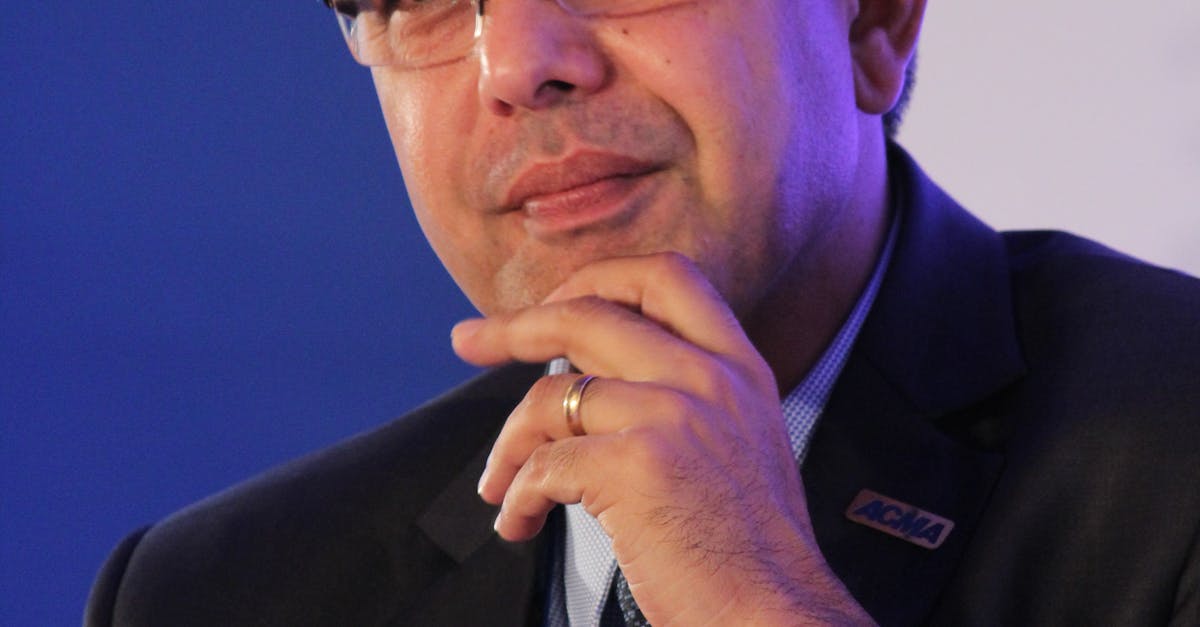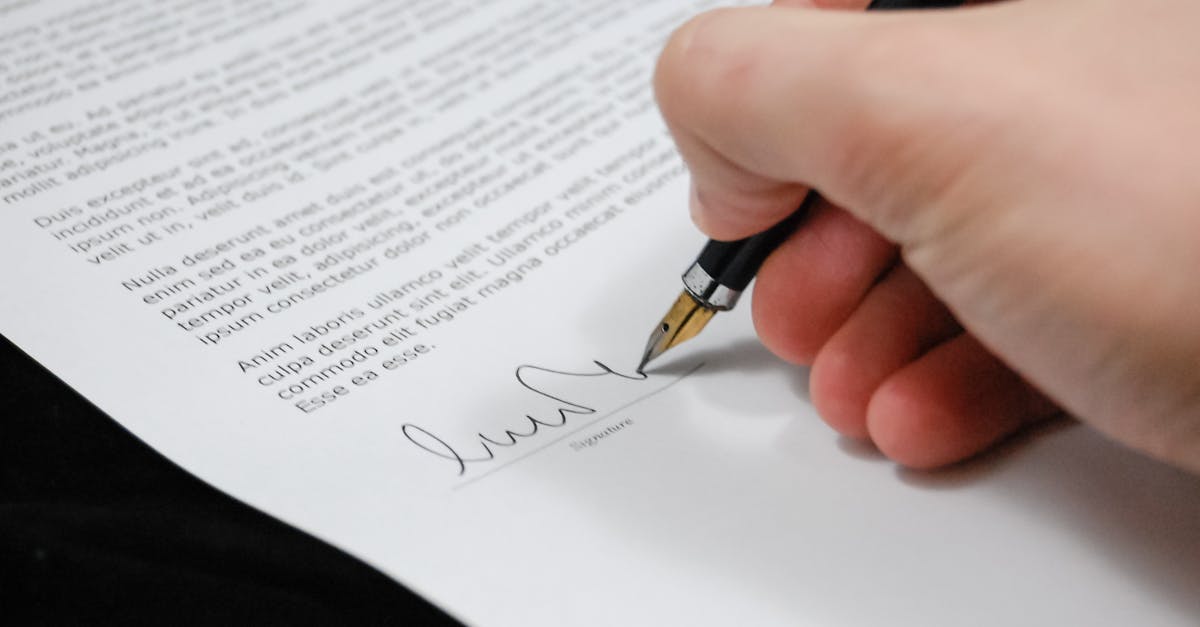
Strategies for Maintaining Compliance
In the realm of regulatory compliance, establishing effective strategies for maintaining compliance is paramount. In New York, businesses must proactively stay abreast of the ever-evolving regulatory landscape to ensure adherence to the pertinent laws and regulations. This entails conducting regular reviews of policies and procedures, fostering a culture of compliance within the organization, and providing continuous training to employees to enhance their understanding of compliance requirements. By placing a strong emphasis on internal controls and monitoring mechanisms, businesses in New York can mitigate risks and demonstrate a commitment to regulatory compliance.
Moreover, fostering collaboration between compliance officers, legal teams, and key stakeholders is essential for ensuring a holistic approach to compliance. Open lines of communication and regular meetings can facilitate the sharing of insights and updates on regulatory changes, allowing for timely adjustments to compliance strategies. Leveraging technology can also enhance compliance efforts, enabling businesses to automate certain processes and streamline compliance monitoring and reporting. By embracing a proactive mindset and integrating compliance considerations into daily operations, organizations can navigate the complexities of regulatory compliance in New York effectively.
Compliance Monitoring and Reporting
Compliance monitoring and reporting play a pivotal role in upholding regulatory requirements within organizations. In the context of Regulatory Compliance in New York, staying abreast of new regulations and ensuring adherence to existing ones are crucial for safeguarding the reputation and integrity of businesses. Continuous monitoring allows companies to promptly identify any deviations from compliance standards, enabling them to take corrective actions promptly. Moreover, robust reporting mechanisms aid in documenting adherence to regulations, which is essential for demonstrating transparency and accountability to regulatory authorities.
Effective compliance monitoring and reporting provide organizations with the necessary insights to proactively address compliance issues and mitigate potential risks. By implementing comprehensive monitoring processes, businesses can detect non-compliance instances early on and prevent them from escalating into more significant problems. Timely and accurate reporting ensures that authorities have access to the required information, thus fostering trust and cooperation between the organization and regulatory bodies. Ultimately, a commitment to stringent monitoring and reporting practices not only ensures compliance with regulations but also helps cultivate a culture of integrity and responsibility within the organization.
Role of Technology in Regulatory Compliance
Technology plays a crucial role in ensuring Regulatory Compliance in New York, New York. Companies are increasingly turning to sophisticated software solutions and tools to streamline their compliance processes. From automated monitoring systems to data analytics platforms, technology enables organizations to efficiently track and report on their adherence to regulatory standards.
By leveraging technology, businesses can proactively identify potential compliance risks and address them in a timely manner. The use of artificial intelligence and machine learning algorithms further enhances the effectiveness of compliance programs by providing real-time insights and predictive analytics. Ultimately, integrating technology into regulatory compliance practices not only improves efficiency but also enhances overall compliance posture for organizations operating in a complex regulatory environment.
Automation of Compliance Processes
Automation of compliance processes is becoming increasingly essential for organizations aiming to adhere to regulatory standards efficiently. By implementing automated systems and tools, companies can streamline repetitive compliance tasks, such as data collection, reporting, and analysis. This not only increases accuracy but also reduces the likelihood of human error, ultimately enhancing the overall compliance process. In the context of Regulatory Compliance in New York, leveraging automation can help companies manage the complex regulatory landscape effectively and ensure timely adherence to the ever-evolving requirements.
Moreover, automation facilitates real-time monitoring and alerts for potential compliance issues, enabling organizations to address them promptly. This proactive approach to compliance management can significantly minimize the risk of non-compliance and associated penalties. Through automation of compliance processes, companies can establish a robust framework to track regulatory changes, update policies and procedures accordingly, and demonstrate a commitment to maintaining regulatory compliance in New York.
Regulatory Compliance Best Practices
Regulatory Compliance in New York, New York requires a proactive approach to ensure adherence to guidelines and regulations. Establishing clear policies and procedures that align with regulatory requirements is essential. Regular training sessions for employees on compliance regulations and updates can help in fostering a culture of compliance within the organization.
Another best practice for Regulatory Compliance in New York, New York is to conduct regular internal audits to assess the effectiveness of compliance measures. These audits can help identify any areas of non-compliance and provide an opportunity to implement corrective actions promptly. Additionally, maintaining open communication channels with regulatory bodies and staying informed about any changes in laws or regulations can further enhance the organization's compliance efforts.
Developing a Compliance Culture
Developing a Compliance Culture is crucial for companies to prioritize adherence to regulatory guidelines. By fostering a culture that values compliance at all organizational levels, companies can mitigate risks and avoid costly penalties. In the bustling hub of Regulatory Compliance in New York, New York, nurturing a compliance culture is particularly vital due to the stringent regulatory landscape governing businesses in the state.
Encouraging open communication channels, promoting ethical behavior, and providing regular training sessions can help engrain compliance within the fabric of a company's operations. Employees should be empowered to raise concerns or report potential violations without fear of reprisal, fostering a transparent and accountable work environment. In the dynamic environment of Regulatory Compliance in New York, New York, instilling a compliance culture will not only ensure legal adherence but also cultivate trust among stakeholders and enhance the company's reputation.
FAQS
What is regulatory compliance?
Regulatory compliance refers to the process of ensuring that an organization follows all laws, regulations, guidelines, and specifications relevant to its industry. It is essential for businesses to operate within legal boundaries to avoid penalties, fines, and legal consequences.
Why is regulatory compliance important?
Regulatory compliance is important because it helps businesses maintain ethical standards, protect their reputation, avoid legal issues, and build trust with customers and stakeholders. Non-compliance can lead to financial loss, damage to brand image, and even shutdown of operations.
How can organizations maintain regulatory compliance?
Organizations can maintain regulatory compliance by staying informed about relevant laws and regulations, implementing compliance monitoring systems, conducting regular audits, providing employee training, and establishing a culture of compliance throughout the organization.
What role does technology play in regulatory compliance?
Technology plays a crucial role in regulatory compliance by automating compliance processes, streamlining data collection and reporting, enabling real-time monitoring of compliance activities, and helping organizations stay up-to-date with changing regulations.
What are some best practices for regulatory compliance?
Some best practices for regulatory compliance include conducting regular risk assessments, documenting compliance efforts, staying proactive in compliance management, fostering open communication with regulators, and continuously improving compliance processes based on feedback and industry trends.




